Health Goals for Me framework

Understanding the ‘Health Goals for Me’ framework
Designed to help you work closely with your healthcare professional in achieving healthy living with HIV, this framework facilitates the ongoing process of developing and adapting a care plan that is tailored to your personal quality of life goals.
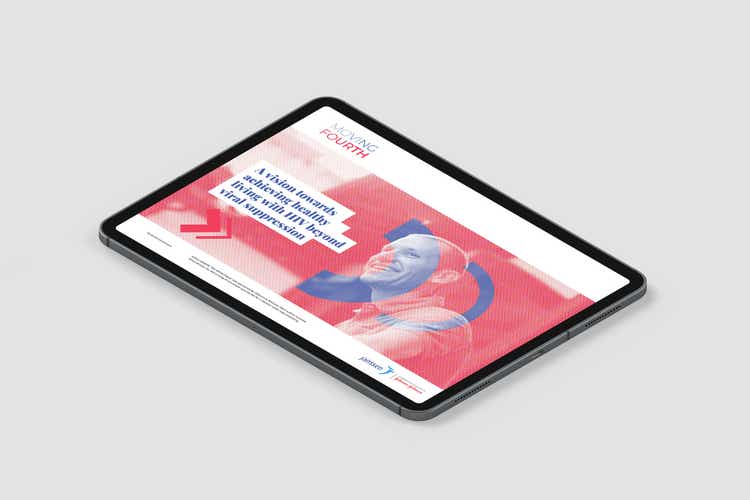
Learn about the development of the ‘Health Goals for Me’ framework in the first chapter of Moving Fourth, and the conception of our vision for healthy living with HIV beyond viral suppression.
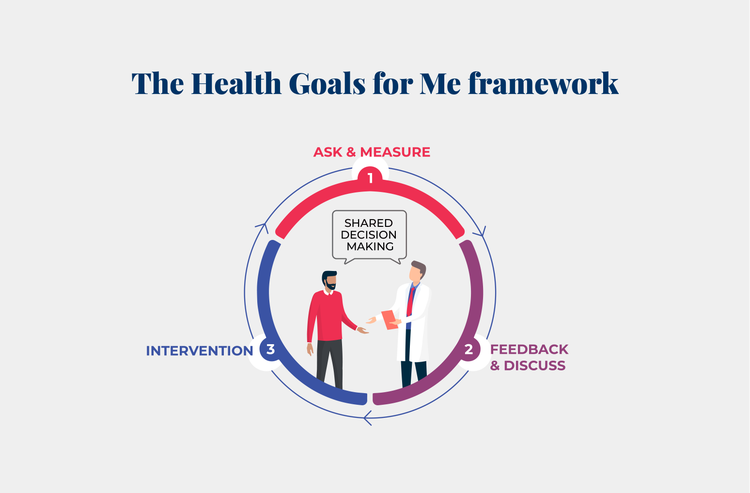
Infographic: Moving Fourth Introduction
An overview of three key steps involved in the ‘Health Goals for Me’ framework. Find out more about how you can work with your healthcare professionals to agree on individual objectives for care.
The Health Goals for Me framework
Get to know the principles behind the three steps
The first step in the ‘Health Goals for Me’ framework, Ask & Measure, helps empower you to be involved in the management of your long-term healthy living.
This means that the healthcare professional will help you prioritise the quality of life goals that matter most to you; first by Asking the right questions to identify these goals; then by accurately Measuring them to collect meaningful health information.
In this section, we outline a system developed by our group of HIV experts to implement this step in the clinic. This includes recommended patient reported outcome measures – tools such as questionnaires that your doctor can use to study your health status and quality of life (or PROMs).
You can also learn more about Ask & Measure, and the methodology behind it, in the Second Chapter White Paper.
You can also view the Steering Committee suggested PROMs under Supporting Sources.
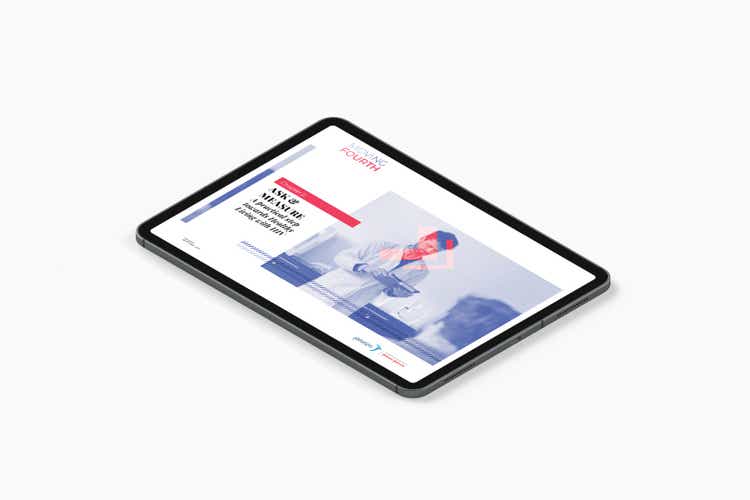
The second chapter of the Moving Fourth White Paper gives an in-depth overview of 'Ask & Measure' and its role in the ‘Health Goals for Me’ framework. Find out more about the 'Ask & Measure' system and the Steering Committee recommended Patient Reported Outcome Measures (PROMs).
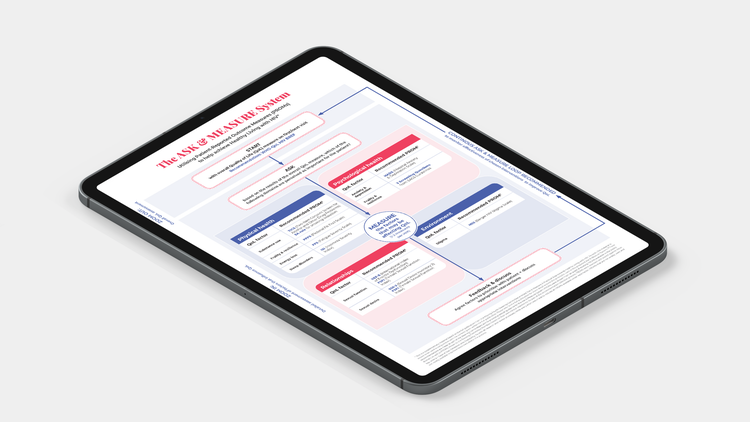
Developed by a group of HIV experts, the 'Ask & Measure' system provides a method to identify the right Patient Reported Outcome Measure (PROM) for you in the clinic.
After they have assessed your overall health, your doctor can dive deeper with more specific questions to identify exact problem areas, and how you have been affected.
Once your health information is measured, the second step of the ‘Health Goals for Me’ framework, 'Feedback & Discuss' is about giving back the information to you, so you can discuss potential interventions and make decisions around your long-term healthy living with HIV.
Importantly, the information provided will be relevant to you, in a way that you can understand. This allows you to discuss its relevance to the choice of appropriate intervention and make care decisions in partnership with your healthcare professional.
This also gives you the opportunity to openly discuss any problems with your healthcare professional as a result of receiving direct feedback based on your health status information.
In this section, we outline a set of practical recommendations developed by our HIV experts, to help stimulate communication and shared decision making between you and your doctor.
You can read about these recommendations and learn more about the 'Feedback & Discuss' concept in the Expert Opinion Piece.
Learn more about how 'Feedback & Discuss' is a continuous approach developed in HIV care that transformed the patient-doctor relationships in long-term disease care, as well as how ongoing communication is key to long-term care.
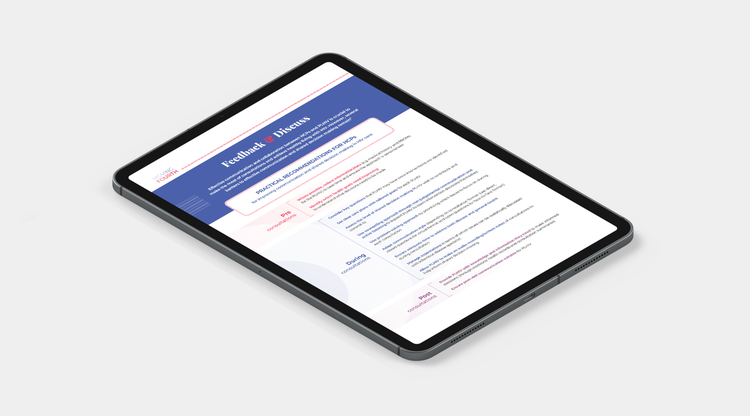
The goal of the Moving Fourth Steering Committee is to go beyond just raising awareness around best practice and give you and your healthcare professional a set of useful tools that you can use together, to achieve the fourth 90* for better quality of life in HIV care.
The 'Feedback & Discuss' infographic highlights the recommendations for discussion sessions made by clinical experts and patient advocates.
Both you and your healthcare professional can follow these recommendations with the step-by-step guide to get the most out of your discussion sessions.
*Since the proposal of the ‘Health Goals for Me’ framework, UNAIDs have announced an updated 95-95-95 target to help end the AIDS epidemic. Despite this update, the Moving Fourth Steering Committee believe improving quality of life remains a key goal to achieve health living with HIV. As such, the framework should still be considered an important component of HIV care.
The third and final step of the ‘Health Goals for Me’ framework, 'Intervention', a term for treatment, is about using measurements of your quality of life and feedback to establish common goals and a care plan, through shared decision making by you and your healthcare professional.
The information that is gathered during the previous two steps gives your doctor the information they need to give you a suitable treatment recommendation. Discussing what has been measured and why will allow you to be involved in the choice of this treatment – whether this involves adopting new lifestyle changes or alternative medication options.
Crucial to the ‘Health Goals for Me’ framework is to ensure collaboration between both you and your healthcare professional in building individual objectives for long-term healthy living and developing a care plan to achieve them.
Approaching intervention: case studies
No two patient-doctor relationships are the same, but hearing about the experiences and challenges of others can help you understand the best way to approach your treatment journey. The following case studies are real examples of the 'Health Goals for Me' framework put into practice by doctors and patients to find solutions for quality of life issues.
Sexual dysfunction
Not all quality of life issues are immediately apparent. In this case study, Dr Joop Arends talks about how objective measurement of his patient's quality of life revealed issues that were undisclosed during their informal assessment.
Fear of stigma
Dr Adrian Curran discusses how he worked together with a young patient to overcome her fear of stigma, which he suspected to underlie a number of other quality of life issues.
